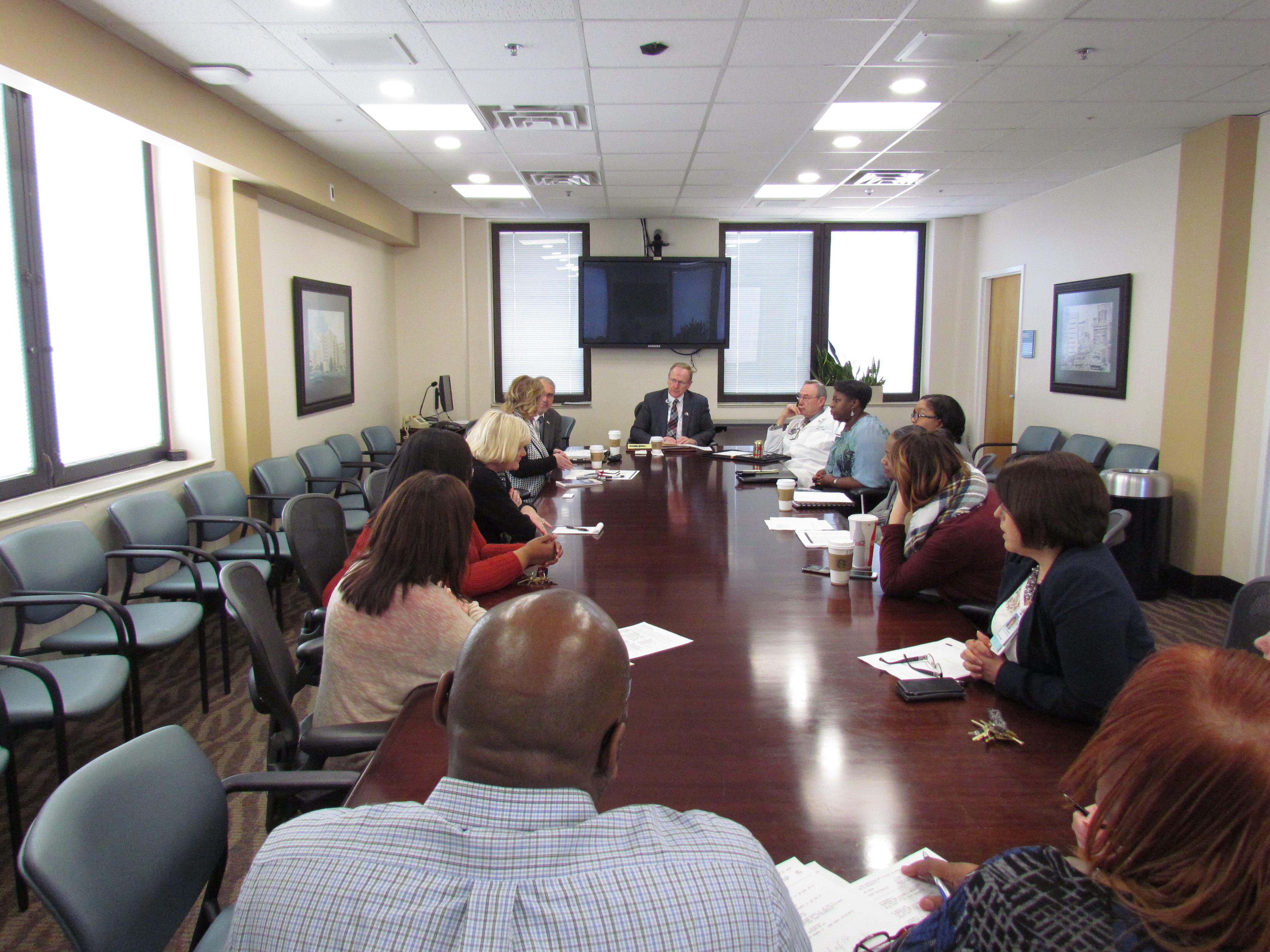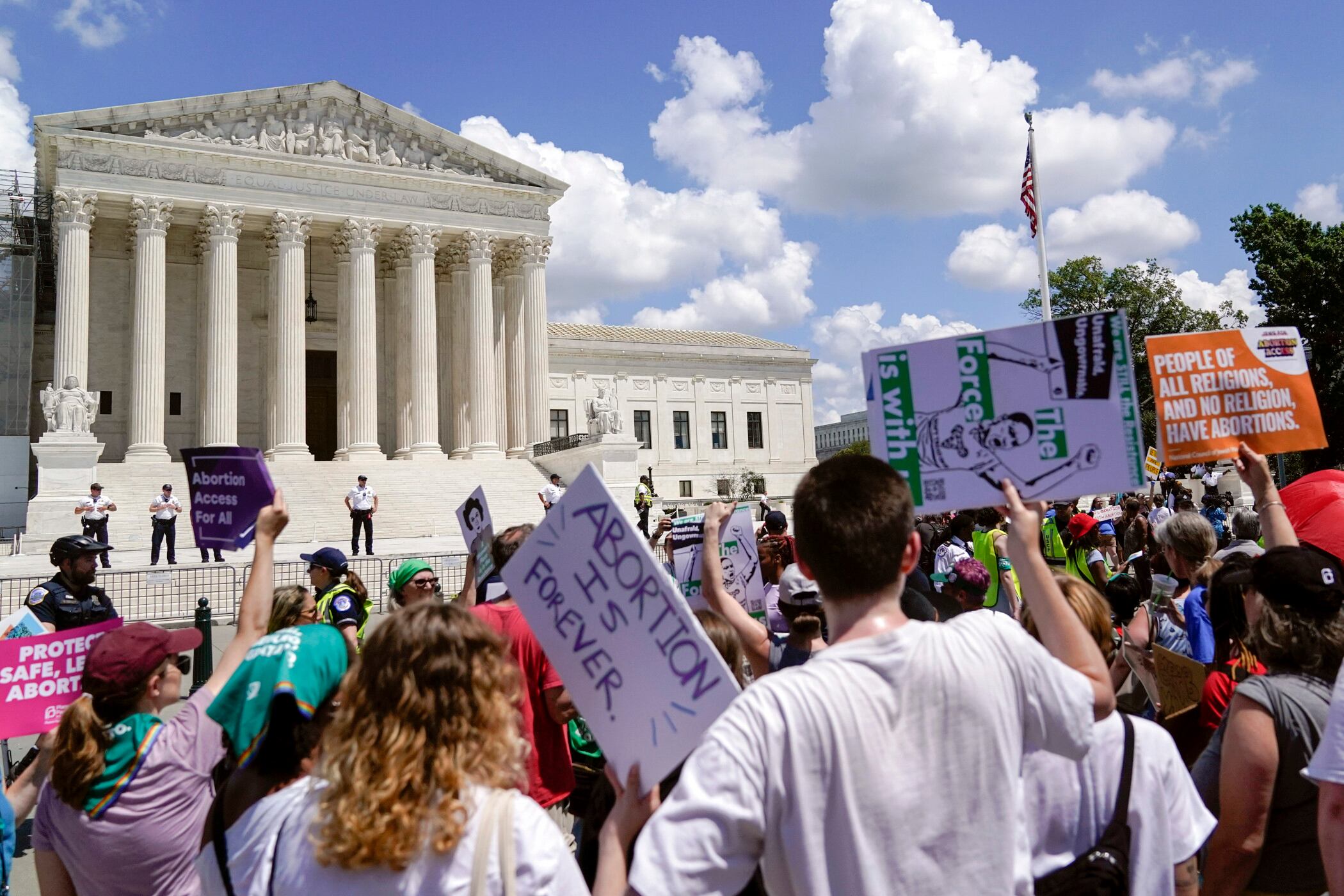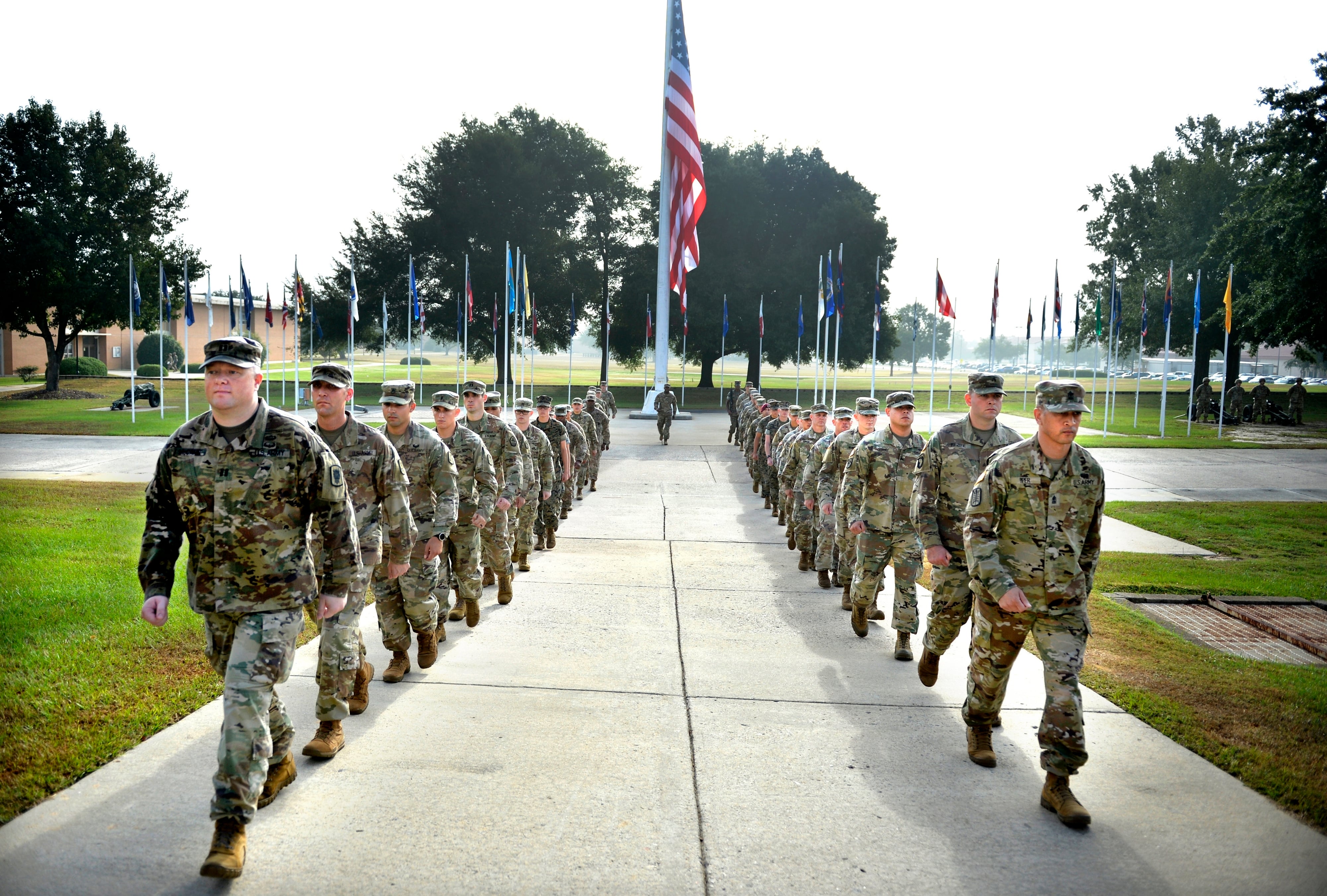The Air Force is replacing its military tuition assistance certification program with the new Air Force Credentialing Opportunities Online program, the service announced Sept. 30.
More commonly known as AF COOL, the program will be the primary way enlisted airmen who wish to obtain a duty-related or specialty certification will apply to obtain it, said Chief Master Sgt. Chivita Williams, deputy chief of Air Force Voluntary Education.
"The AF COOL is directly tied to [an airman's] training and experience," Williams said Thursday. "Airmen now have the opportunity to obtain a credential directly related to their career field that they have done over a number of years, so when they transition out of the military, they will be able to secure employment in the civilian sector."
The new program aims to help airmen complete certification exams, Williams said, which are sanctioned by various civilian agencies.
The certifications may help airmen land a job when they leave the service, and also can give their Air Force career a boost, Williams said.
"While in service, the benefit for the airman is professional development, and because it is directly tied to your career field, [it benefits] your promotion as well, because we look at those skill sets," Williams said.
To qualify, airmen must have a 5-skill level in their control or duty Air Force Specialty Code. They will be disqualified from entering the program if they have: an unfavorable information file, or UIF, or are on a control roster, if they failed their most recent physical fitness test or are overdue for a PT test, or if they are on a referral enlisted performance report at the time of their application for AF COOL.
Reserve and Guard members will only be funded for AF COOL if they are on Title 10 or Title 32 active orders, otherwise they will have to reach out to their components for additional funding, Williams said.
Airmen are allotted a lifetime cap of $4,500 for their certification, which can be used to pay for the exam or research required to maintain certification.
Airmen can obtain certification from: The American Society of Transportation and Logistics, the Federal Aviation Administration, American Society for Quality, American Culinary Federation, among hundreds of other civilian agencies, Williams said.
Each exam — and how you take it — varies by vendor or agency, Williams said. "You could take an exam 20 minutes away from your duty location, off base, or at a national testing center," she said.
Williams said the objective for the new program was to limit course work, but the Air Force will provide materials through AF COOL if additional course work is needed.
How it works
Located on the Air Force portal website, an airman can visit the virtual education center website and browse in his AFSC for specific credentials that are approved for Air Force funding. These credentials closely relate to the member's military training and experience — Williams estimates about an 80 percent match — and have been reviewed and approved by an Air Force career field functional manager, Williams said.
"[Airmen] will also be able to review what we call 'other credentials,' which is a list of other credentials not skill related or directly related to their AFSC, but ... an airman can at that time decide if they want to pay out of pocket" for this certification, Williams said.
Airmen then apply by filling out an online form similar to the military tuition assistance form, which is then electronically routed to their direct supervisor — commander, first sergeant, flight chief, etc. — for approval. Finally, the form is sent to the credentialing program office at the Community College of the Air Force.
The CCAF will act as the execution platform for AF COOL, Williams said.
"Subject matter experts review the application just to ... double check the airman has all the perquisites with that civilian agency because some civilian agencies require certain documents and forms to be completed before they take the [certification] exam," Williams said.
Airmen will also obtain CCAF credit through their credential program, she said.
Tuition assistance changes
Enrollment for AF COOL will begin in January. Members who are enrolled or have a credential goal established prior to Oct. 1 may continue with what the Air Force calls "MilTA" certification, and must complete it in one year, she said.
"You can have someone who enrolled in August ... but the actual course doesn't start until say November," Williams said. "They're grandfathered for the one year completion."
Tuition assistance for certification is being phased out and replaced with the AF COOL, but tuition assistance for higher education to receive an associate's, bachelor's or master's will remain in place, with a few tweaks. Airmen who are approved to receive tuition assistance may still receive up to $4,500 per fiscal year and a maximum of $250 per semester hour, but now have a cap of 124 semester hours for an undergraduate program and 42 semester hours for graduate level courses, instead of unlimited hours.
Mandates still in effect: airmen who receive grades of a C or below in graduate courses and D or below in undergraduate courses will be required to reimburse TA funds, according to an updated Defense Department instruction on voluntary education released in May. If, after six semester hours at the graduate level or 15 semester hours at the undergraduate level, students cannot maintain the requisite GPA, they will no longer be eligible to receive TA until they have raised their GPA.
All new TA users and those who haven't taken any classes in the past year are required to have face-to-face counseling with an Air Force Education Center counselor, Williams said.
"We do have a plan in progress that the institutions will approve a 'degree goal,' where the institutions will go in and approve that member's degree plan," Williams said. "Before the academic institutions were not required to approve the degree goal, but now we're requesting they approve them."
Williams said this process will allow schools to have more involvement with airmen so airmen don't become "career students" who obtain degrees but don't use them.





